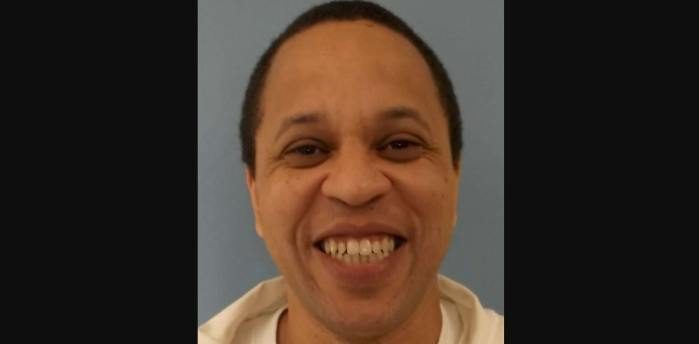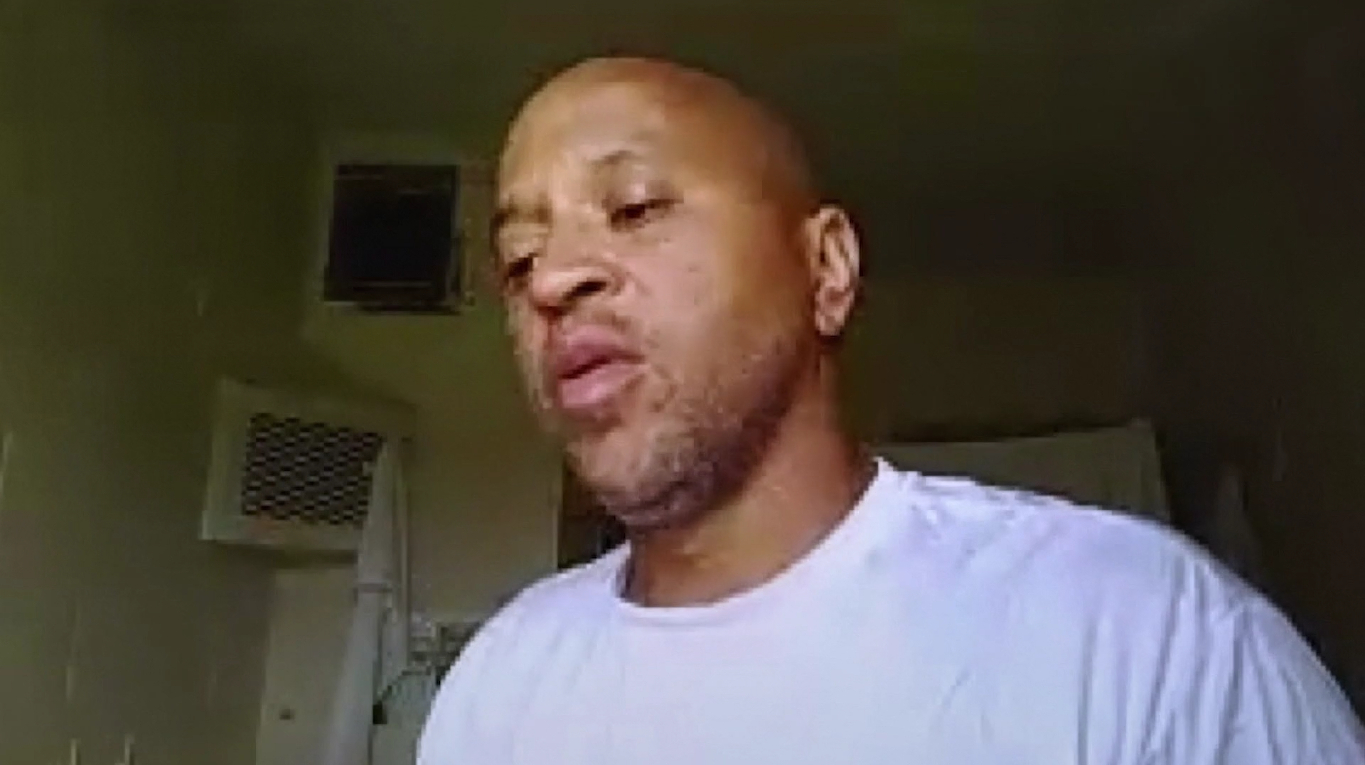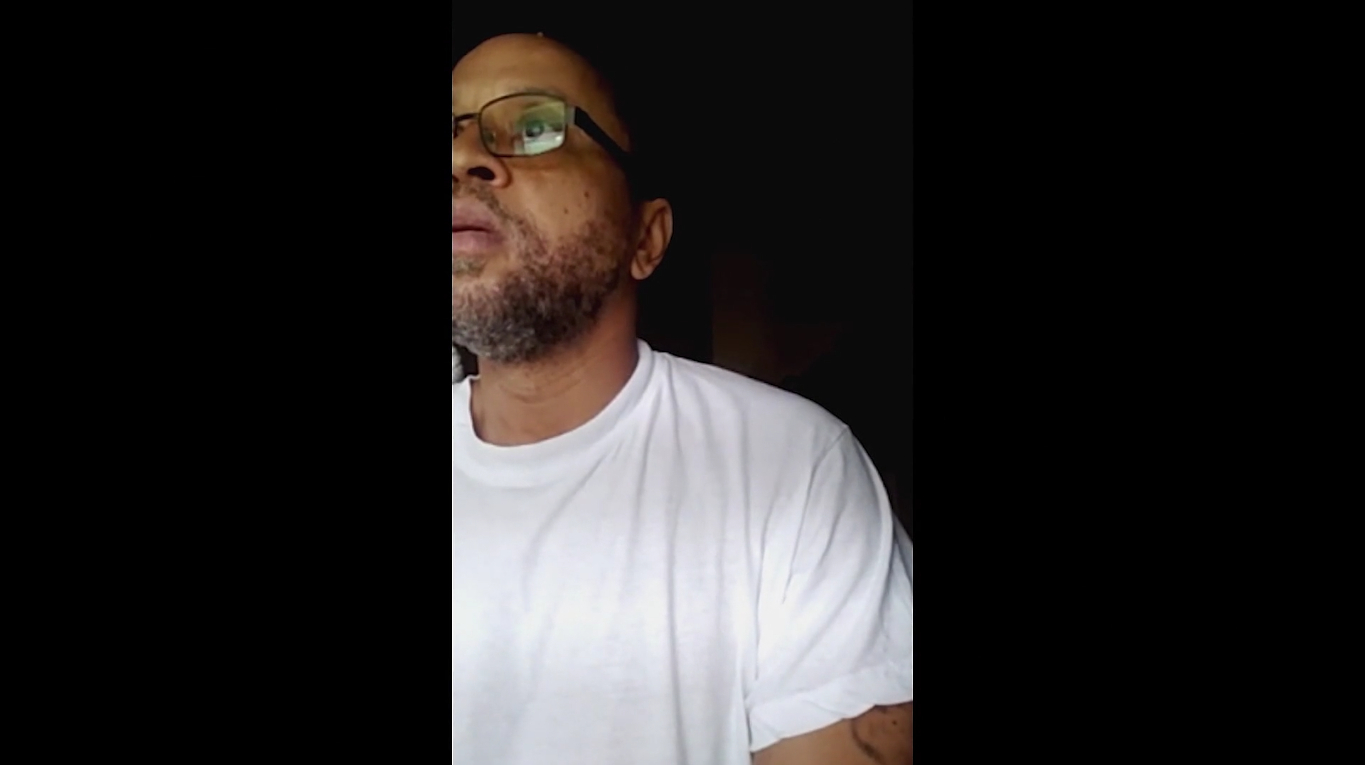Directed by Andrew Jarecki and Charlotte Kaufman, HBO Max’s ‘The Alabama Solution’ can only be described as baffling, as it delves deep into the deadliest prison system across America. It is from the perspective of those incarcerated individuals who have long been dedicating their time to shine a light upon the alleged abuse, failure, and neglect within the institution. Amongst those to thus essentially helm this original is Melvin Ray, who is better known as prison reform activist Bennu Hannibal Ra-Sun and a key founder of the Free Alabama Movement.
Melvin Ray Has Been Behind Bars For Almost Two Thirds of His Life
Melvin Ray was a young man when he got involved with criminality as a street hustler. However, it was around the age of 20 that he first found himself in significant trouble as he was sentenced to a line of felony offenses stemming from two separate incidents some time prior. One was unlawful breaking and entry into a vehicle, for which he received 3 years in prison, whereas the other included 3 counts each of first-degree theft of property and third-degree burglary. He was handed down 10 years each for these charges, but only one of them was to run consecutively with his prior term.

Although Melvin was sentenced to a total of 13 years, he was able to receive parole after serving just under half his time, thanks to good behavior; he was released on August 21, 1997. However, it appears as if he soon fell back into his old ways – into a life of crime – because he faced much more serious charges just a few years later, as violence also got involved. He was convicted on one count each of murder, second-degree theft of property, as well as unlawful breaking and entering into a vehicle, for which he was sentenced on March 2, 2001. As per Alabama law, he was given life in prison without the possibility of parole for murder, plus 15 years each for the comparative lesser counts, which would run consecutively.
Melvin Ray is Dedicated to His Current Career as a Prison Reforms Activist
It was during Melvin’s second incarceration that he first came across the Halifax County Program, which was a self-help, law-based program created by inmates for their fellow inmates. According to his own account, he believes the founders of this initiative established a legacy to help those unable to help themselves by teaching them the intricacies of the legal system. Jailhouse lawyers thus became a thing, especially as the initiative gradually went from being a simple law class to a “rite of passage of coming into manhood… From boys to men.” Therefore, he decided to immerse himself in such work, meaning he has long helped inmates file “pro se” lawsuits to protect themselves from the alleged atrocities of the system.

As time passed, however, Melvin reportedly realized the legal program was not enough and joined forces with the analytical Robert Earl Council to establish the Free Alabama movement. The core aim of this movement is to inform society about what has allegedly been happening behind prison walls for decades, only to reportedly be largely ignored or go unreported. “It’s a continuous cycle of violence, a lack of accountability,” he stated in the aforementioned original, adding he knew that’s why they needed a movement to grow from inside the institution.
For this – to share videos of alleged abuse or neglect, give interviews, and coordinate with other prisons – Melvin, Rober t (aka Kinetik), and fellow movement leaders use contraband cellphones. They have always refused to share the source of their access to smartphones, how they built their network, or what their plans are in the event that cell reception is ever revoked, but they take pride in what they do. As per the documentary, the movement’s founders were separated and forced into solitary confinement for five years each as “punishment,” but their efforts never wavered.
Melvin Ray is Still Serving His Life Term in a State Prison
Melvin wholeheartedly believes that while he and all other inmates are repaying their debts to society with their prison term, their living conditions have to improve to be more humane. After all, he claims the Alabama prison system has several internal faults, including but not limited to cleanliness, safety, and regulation issues, that make it the deadliest system across America. He has also long been open about his belief that their prisons have “modern-day slave” conditions because of reported mass convictions, officially low parole rates, and alleged forced labor.
“You know when we talk about slavery… we’re not just using the time to try to equate one thing to another; we’re actually showing that the institution of slavery is not just the free labor,” Melvin once said. “Well, before you get a man or a woman or a child to go out into the field to work for you for free, 12, 14, 16 hours a day, there has to be a breaking-down process. They have to be broken down spiritually, they have to be broken down mentally, they have to be broken down physically.” He claims that’s what has been happening to them. Nevertheless, despite all his activism, Melvin remains a convicted murderer. Therefore, today at the age of 54, he is incarcerated at the maximum-security Limestone Correctional Facility in Harvest, Alabama, where he is expected to remain for the rest of his natural life.
Read More: Raoul Poole: Where is the Alabama Solution Inmate Now?


